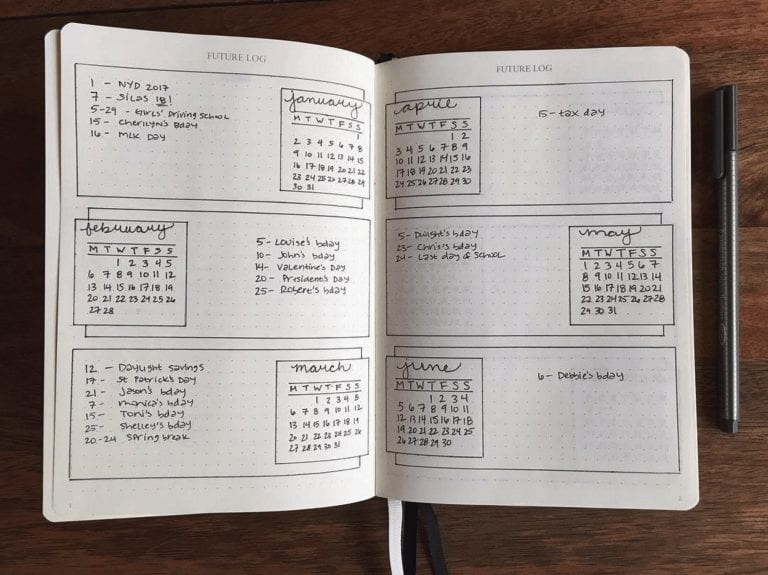Everything has become abstract and intangible in our increasingly digital world. Your family photo albums are just zeros and ones now. Online bill pay has done the same to your checkbook. Even your time-management tools like your reminders and calendar are in the cloud. There are benefits to this, of course—online, these things can’t be destroyed by flood or fire, and you can access them from anywhere using a myriad of devices. But there’s something psychologically powerful in being able to touch something, not just see it through a glass display. That’s why there are still so many people who prefer to consume novels in print or listen to music on pressed vinyl. It’s just more real in some way.
There’s also been one other area that has seen a resurgence, and it’s the topic of this blog. Journals—that idea of writing everything down by hand rather than using a keyboard.
The Wall Street Journal has an article from some years ago detailing a University of Indiana study that showed how much better memory retention works when paired with handwriting. Even the tech-focused website Lifehacker has a popular article titled A Defense of Writing Longhand. The author explains that pen and paper won’t bother you with notifications or tempt you with games or funny videos. More importantly, longhand preoccupies your brain with the manual labor of marking a piece of paper, which actually frees it otherwise to let the thoughts flow organically, with no second-guessing.
Now a journal can be many things to you. If you’re interested in capturing business ideas, drawing word clouds, sketching as a way to decompress, or anything of the like, then these are obviously useful. But there’s also been a movement for using journals as time-management tools, sort of like a PDA (if you remember those!). While computers and smartphones have obviated the existence of daily planners, there’s a growing community of people rebelling and turning back to this millennia-old tradition.
One such system the modern era has produced is called Bullet Journal, and it aims to help you organize every task, event, or note you need. The name comes from how you use bullets ( • ) to delimit complex agendas into manageable steps; they’re all broken into a flexible, chronological logging system. Best of all, it has a low barrier to entry, as you can get started with any notebook and pen. Check out the creator’s website to learn more. Even if this system doesn’t appeal to you, there are many out there. Definitely take a look.
But why use a journal at all? You might type faster than you handwrite, and those benefits of the cloud are hard to argue against. You might also protest that even if physically writing things down makes them easier to recall, your digital planner exists to help you remember stuff in the first place. Right?
These are all true, but there’s one other psychological benefit that dovetails well with planning. Oftentimes, goals are huge, sprawling targets that will take a thousand interim steps before you can achieve them. This is why so many articles and books have been written about the importance of breaking them down into smaller milestones, like this article at Success.com. The reason you break them up this way is to allow yourself the ability to track your progress, to glean a sense of accomplishment no matter how far you still have to go, so you can avoid discouragement by its enormity. As the saying goes, “A journey of a thousand miles begins with a single step.” If you concentrate on the thousand miles, it’s easy to feel overwhelmed. But individual steps are easy, right? Just take one at a time.
What a physical journal allows for is for the satisfaction of striking out a step or shading a bullet in from an empty circle to a completed black dot. And the more you accomplish, the more pages that you fill, the larger this tangible item stands as a testament to all your hard work. Paging through those months and days, through all those completed tasks, will fill you with a sense of accomplishment that no digital calendar ever could. Is it a mind trick, in the end? Sure, but it’s a great one because it works.
Now, don’t get us wrong. We love technology here at The Brandt Group. It’s revolutionized every industry in the world, and it shows no sign of abating anytime soon. But sometimes you have to take a step back and try something old—instead of new. So grab a little black notebook today and try unplugging from the digital world and connecting with the tangible one.
Organization, goal management, business planning, staff development, mystery shopping, and more are all our specialties. Reach out today and let’s see what we can accomplish together.




Recent Comments